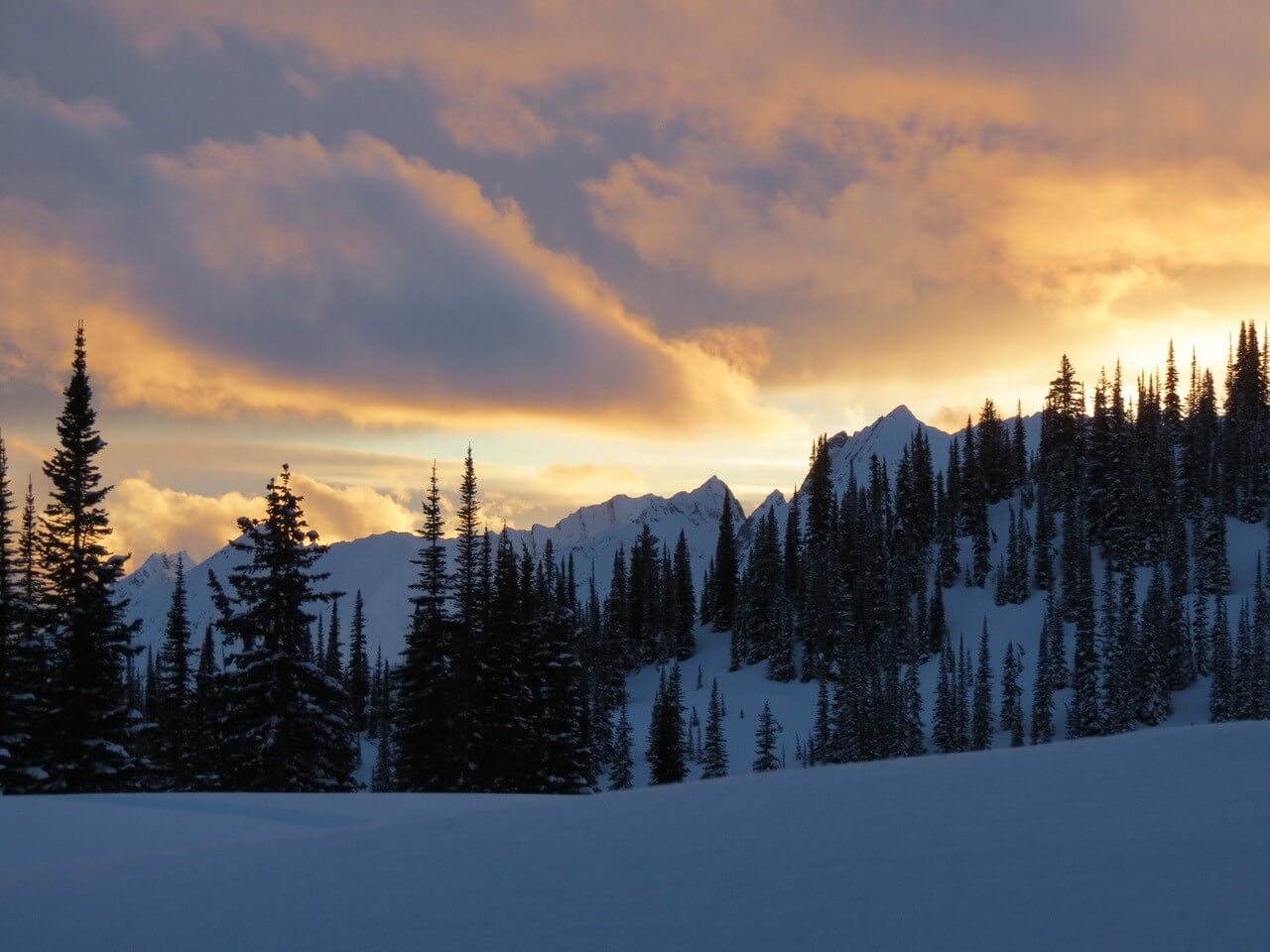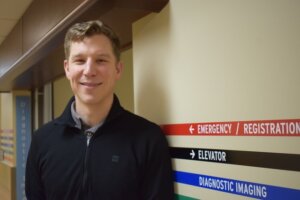
Story submitted by Dr. Kyle Merritt as part of the Thriving Project
Human beings live and breathe stories. Without them, we simply cannot use the superpower of our greatest strength — cooperation. This, I believe, explains why I didn’t engage in environmental work for most of my adult life. Though I have always loved nature and cared deeply about the planet, I couldn’t find any environmental stories that resonated with me. Environmentalism seemed to be for activists — people interested in knocking on doors, marching, chanting and generally not-getting-along-with-others. On top of that, everything I learned about the environment painted a bleak picture. If we are doomed anyways, what do I actually DO with that?
When summer became “fire season” and the smoke lingered for weeks, I finally reached a point of moral distress that spurred me into action. I wanted to do something,but didn’t know where to start. I work full time in Nelson, caring for patients in my practice, the ER, and inpatients. With three kids and a physician partner, I felt I didn’t have the time to volunteer in the community. I also wanted to do something within my professional community. Fortunately, around this time, UBC hosted their first medical conference focussed on the climate crisis.
At this conference I found many role models and heard inspiring stories of action. I learned the concept of planetary health, which made me realize that caring for the planet is synonymous with caring for my patients. Reaching out to colleagues and making plans helped me understand that most people also recognize what’s happening and want to act. We now have a group in the Kootenays — Doctors and Nurses for Planetary Health — that works within our communities and the healthcare system to protect both our patients and the environment.
In our community, we have written letters for the newspaper, presented to city councils and met with our elected politicians. Within the hospital and health authority, we have developed active transportation infrastructure, held educational sessions and formed interprofessional planetary health groups to effect change. Working with others unlocked energy and action that I did not think I had time for.
There is no getting around the heaviness of the work in planetary health. Just like in medicine, there is suffering and loss that must be continually faced. As in our clinical work, there is also significant uncertainty, which is difficult but also offers possibility and hope. Acknowledging what is possible can help shift away from black and white thinking into life’s full spectrum.
“There is no getting around the heaviness of the work in planetary health. Just like in medicine, there is suffering and loss that must be continually faced…Acknowledging what is possible can help shift away from black and white thinking into life’s full spectrum.”
The story we have been told about environmental issues, whether by design or accident, has served to isolate us. Focusing on our “carbon footprint” and on individual actions makes this big problem seem out of our control. For me, the key to finding enjoyment and energy in this part of my life lies in connections with colleagues and a sense of shared purpose. I now work with physicians, nurses and many others in a variety of projects where progress is directly felt.
I am now more careful about the stories I internalize around what is happening to this one beautiful planet of ours. We know from our history that progress is not linear. There are fits and starts and exponential curves. No one knows how things will go, but the future is not yet set. I worry less now and do more. We are making the future, and we are doing it together.
Inspirational quotes drawn from various sources
“Keep some room in your heart for the unimaginable.”
“Those who contemplate the beauty of the earth find reserves of strength that will endure as long as life lasts.”
“We are called to be the architects of the future, not its victims.”
About Dr. Kyle Merritt

 Dr. Kyle Merritt grew up in Castlegar, British Columbia, and completed his undergraduate studies at Queen’s University, followed by medical school at the University of British Columbia (UBC). He completed his residency in Prince George.
Dr. Kyle Merritt grew up in Castlegar, British Columbia, and completed his undergraduate studies at Queen’s University, followed by medical school at the University of British Columbia (UBC). He completed his residency in Prince George.
